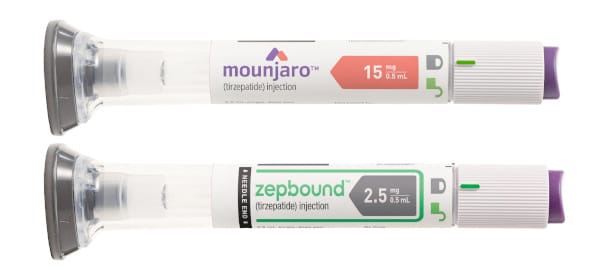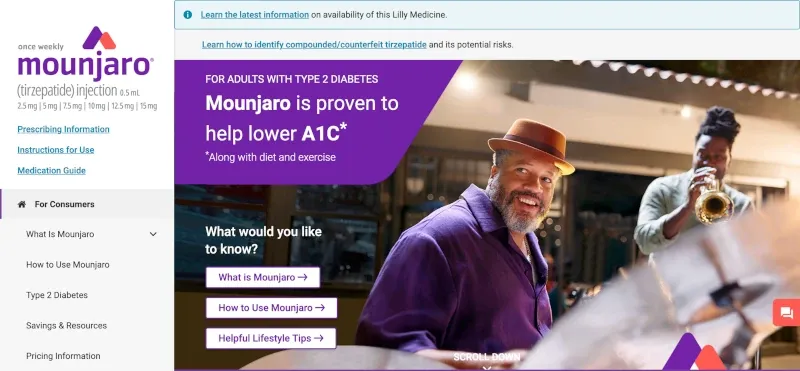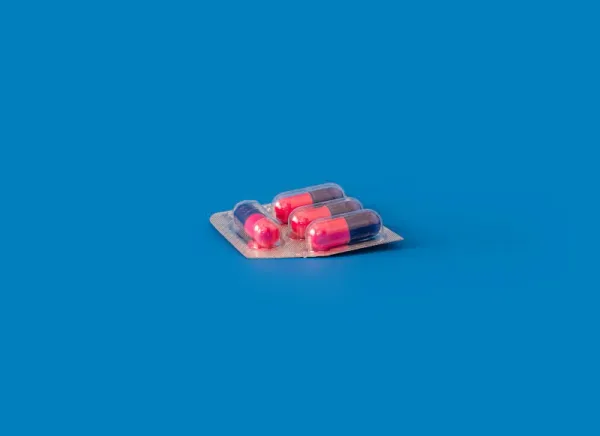Why the Tirzepatide shortage ending might be bad news.
Bad news that sounds like good news: FDA ends shortage Eli Lilly's GLP-1 (Tirzepatide). We'll tell you why that's bad news.

While this eventuality was predicted roughly 2 mounths ago It looks like finally one of the most popular formulations of GLP-1 (Tirzepatide) is now out of shortage, according to the FDA:

Tirzepatide is used in Mounjaro and Zepbound, the main GLP-1 Receptor Agonist formulations developed by Eli Lilly:


GLP-1 Receptor Agonists are crucial medication for patients with Type 2 diabetes, and always lead to some complaints of people who didn't need the medicine making it harder for those that do.
Manufacturers have struggled to streamline their supply chains (for example Novo Nordisk purchasing Catalent, an injection pen manufacturer) Now that the drugs are out of shortage, clearly the efforts of Eli Lilly are paying off, and consumers should benefit from higher availability.
You may have missed the warning to compounders. Here's what that means
Compounding pharmacies create copies of existing drugs by engineering them directly.
In it's statement, the FDA included a warning to comopunders:
FDA reminds compounders of the legal restrictions on making copies of FDA-approved drugs
Compounded drugs are not approved by FDA. FDA-approved drugs go through FDA’s rigorous review for safety, effectiveness, and quality as part of the premarket approval process. Compounded drugs must meet conditions to qualify for exemptions under sections 503A and 503B of the Federal Food, Drug and Cosmetic (FD&C) Act.
Well why would they make this warning? Well compounders were able to create analogues (copies) of GLP-1s like Tirzepatide because the drugs were in shortage:

When a drug is on FDA’s drug shortages list, compounders may be able to make a compounded version of that drug if they meet certain federal law requirements. However, it is not always possible for compounders to compound drugs on the FDA drug shortages list. For example, compounders may not have the expertise or equipment to carry out these manufacturing processes needed to make certain drugs or may have business reasons not to do so.
This is actually quite a huge issue, because as companies that have created businesses around offering compounded GLP-1s are suddenly in danger of having business models that don't work.
Paradoxically, Eli Lilly clearing the shortage means that supply of GLP-1s (in any form) may fall.
What does this mean for prices of GLP-1?
While you might think that exiting a shortage would lower prices, it's not clear that it will immediately.
As a corporation, Eli Lilly is not incentivized to lower prices, even if there is more supply directly available – at the very least they simply are now no longer subject to restrictions that the FDA might have imposed.
That said, the increased availability of Eli Lilly's formulations will likely lead to higher profit (at the same prices), which may cause other players (ex. Novo Nordisk) to increase their supply as well, which may result in a price war.
That said, the loss of ability for compounders to create Tirzepatide-analogs is likely going to reduce supply in the short term – which might actually cause prices to go up.
Note that shortages still exist on the following:
- Dulaglutide (Trulicity)
- Semaglutide (Ozempic, Wegovy, Rybelsus)
- Liraglutide (Victoza, Saxenda)
So while there are still many avenues for compounders to take, they essentially must stop producing compounded Tirzepatide.




